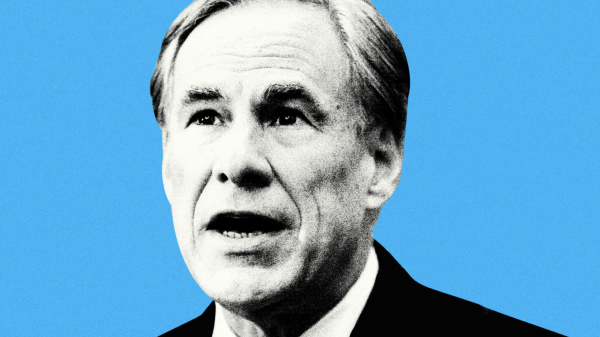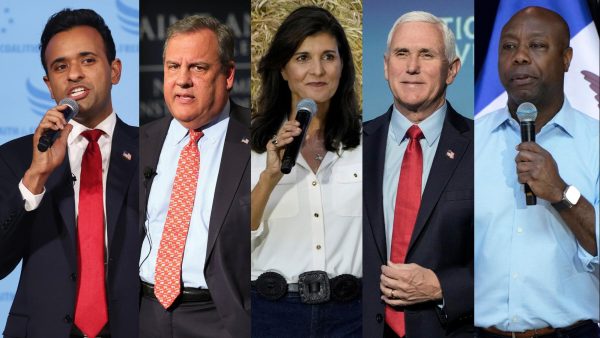Saudi Arabia’s Newfound “Tolerance”
December 22, 2017
When Saudi Arabian Prince Mohammed bin Salman declared that he wanted the kingdom to return to “a more moderate Islam,” no international spectators were convinced.
Speaking at the Future Investment Initiative conference, the Crown Prince asserted, “We want to lead normal lives, lives where our religion and our traditions translate into tolerance, so that we coexist with the world and become part of the development of the world.” The plan seeks to reduce dependency on oil, raise productivity levels in non-oil sectors, and generate enough revenue to ease the transition. To do this, the Crown Prince’s Plan, Vision 2030, expects to integrate Saudi Aramco—the trillions-worth state-owned oil company—into the private sector, boost investment into non-oil sectors, and manage Saudi foreign reserves more conservatively.
At a glance, the Prince’s bold statement bolsters hopes that the conservative country will finally take into the consideration the demands of liberties and tolerance of those who hope to improve the wellbeing of the country. Others, on the other hand, warned that the idea of a “moderate Islam” is unclear. As a matter of fact, his true motives may lie in trying to boost the country’s economy.
Mohammed’s words at international conferences, as well as interviews, suggest that he was committed to converting to a less extreme interpretation of Islam, and focus on reforms regarding the economy. Mohammed’s recent commentary on Islam was made during his proposal of a new, technologically advanced city in the west of Saudi Arabia. The city will be funded with $500 billion from the kingdom’s foreign reserves. It is a part Saudi Vision 2030, which is led by the prince to allow the kingdom’s economy to flourish.
Although his plan is a good effort, many, including myself, question the timing of both announcements. When announcing his newfound “tolerance,” the prince also set forth this new, multibillion-dollar proposal. Was this ill-timed, or did the prince strategically choose to do this in order to gain support from outside countries?
On one hand, many outsiders look at this proposal as an innovative approach to modernize Saudi Arabia and allow the country to reach its fullest potentials. In the words of Jerry Yang ‘19, “Naturally, the situation is complex and analysts haven’t quite figured out the trajectory of Saudi politics. However, the Crown Prince’s Saudi 2030 project is a great step in the right direction towards making Saudi Arabia a more tolerant and effective power on the world stage.” A large number of onlookers agree that as the plan promotes a more active citizenry, it will also encourage independent thinking, thus allowing the country to overcome religious conservatism. In addition, Vision 2030 is focused on shaping a country that is less reliant on oil, something that most agree is necessary for the future wellbeing of the country.
On the other hand, many speculators view this as merely another way to boost Saudi Arabia’s popularity to make the country more appealing to the international community: After all, this is not the first time that the nation has attempted to lower its dependency on oil. In agreement, Sri Guttikonda ’20 firmly stated that, “This plan simply will not work, it is idealistic, and anyone who believes that this is feasible is only fooling themselves.”
I agree with the more pragmatic approach that Guttikonda took when approaching this situation. First and foremost, the cultural values of Riyadh, the Saudi capital, and financial hub, are not compatible with Vision 2030. Saudi society is closed, status-oriented, and tribally structured. This makes it urgent to rehabilitate the social environment to restrain shameful public behavior and total disrespect for the law. A population with universalistic values is essential to the operation of a modern economy, which will in turn force Riyadh to become a very different society, in short time, to implement Vision 2030. Many urge the nation to advocate for cultural and social programs to build citizenship and influence a more modern society.
The planners of Vision 2030 know that for the plan to succeed, Saudi society must be more progressive and tolerant. Yet it is absurd of them to claim that the authorities shall have zero tolerance for all levels of corruption, whether administrative or financial. This is simply impossible in a society where family, tribal, and regional ties are stronger than the legitimacy of the state.
In short, Saudi Vision 2030 is a bold idea on paper, with hopes of allowing the country to reach its fullest potential. When one looks closer, however, it is important to note that the plan is simply not compatible with the country itself. Any thought that this is a feasible proposal is merely providing false hope to the international community.




